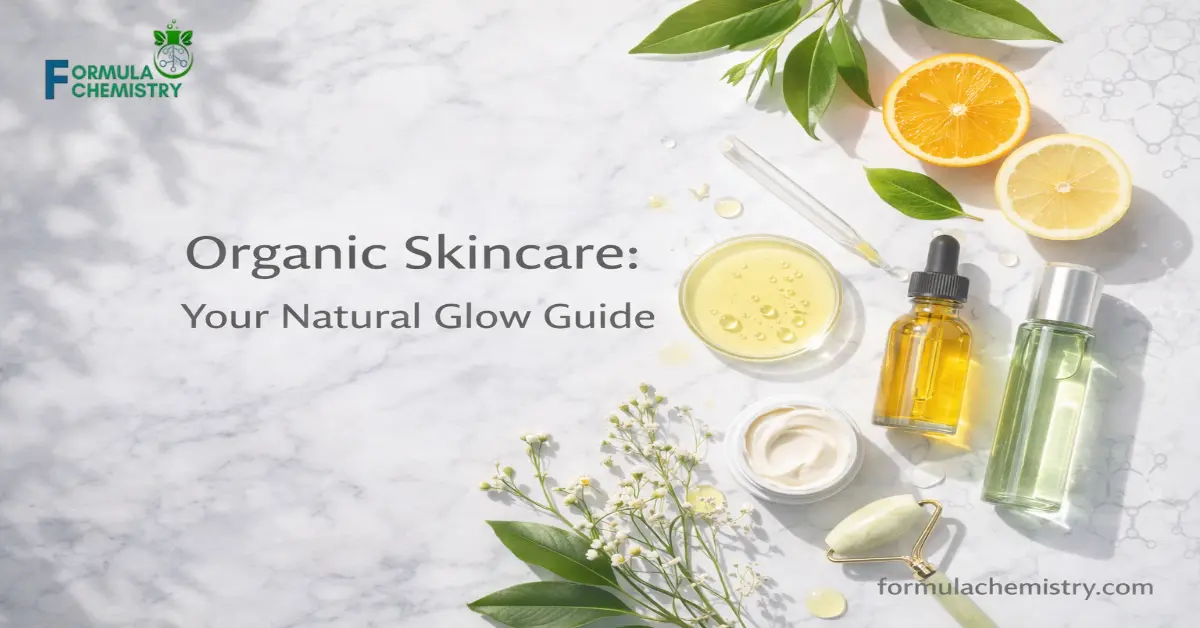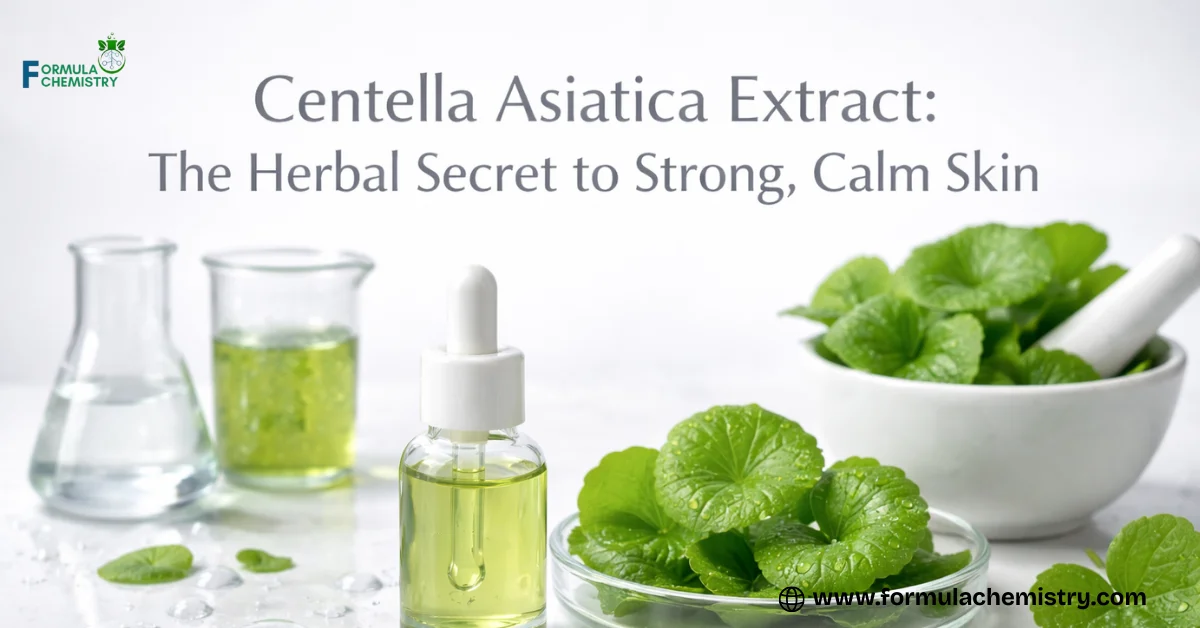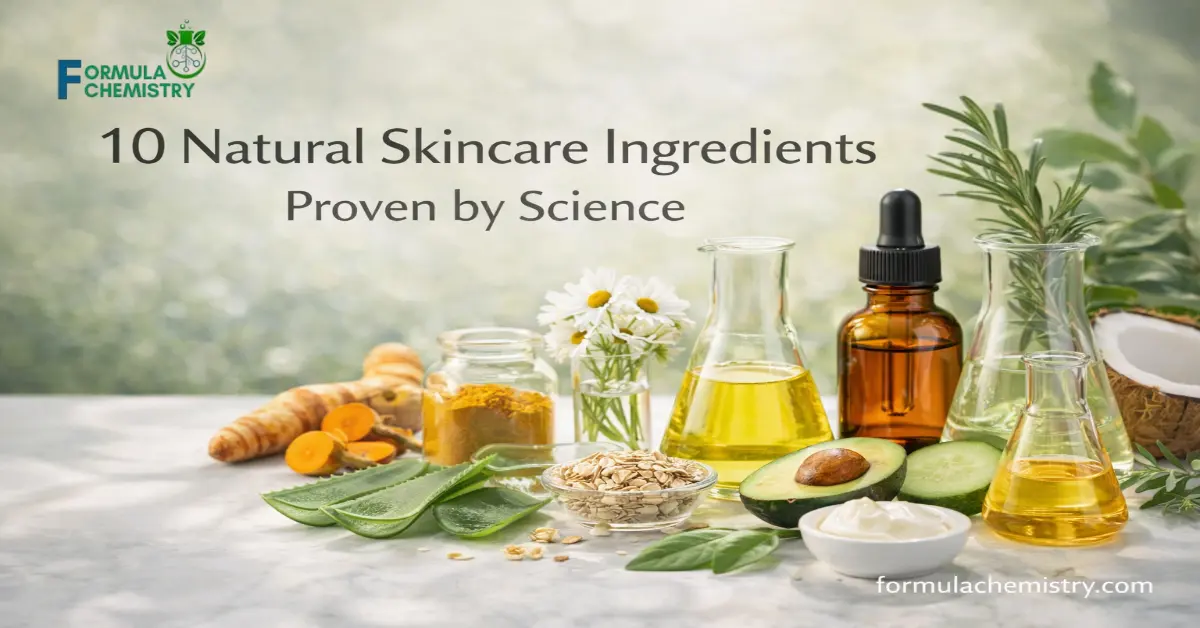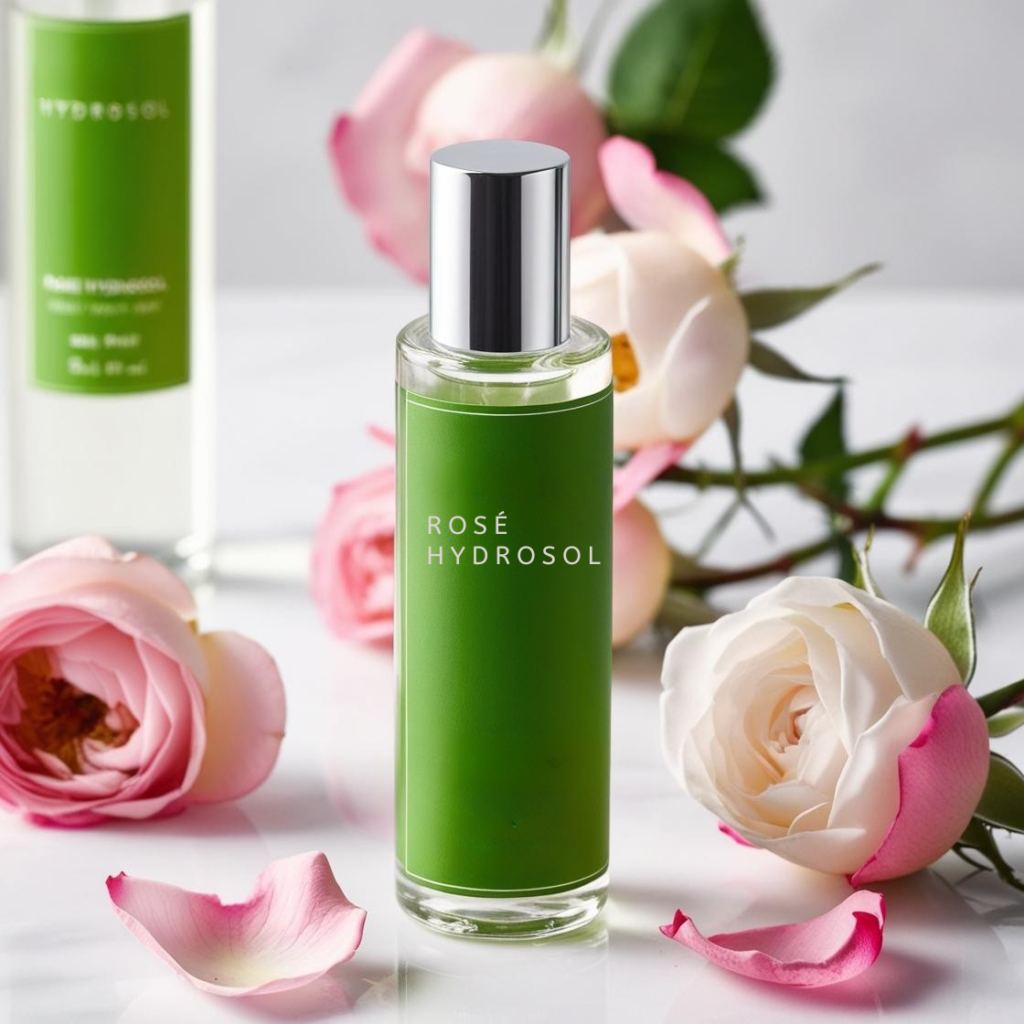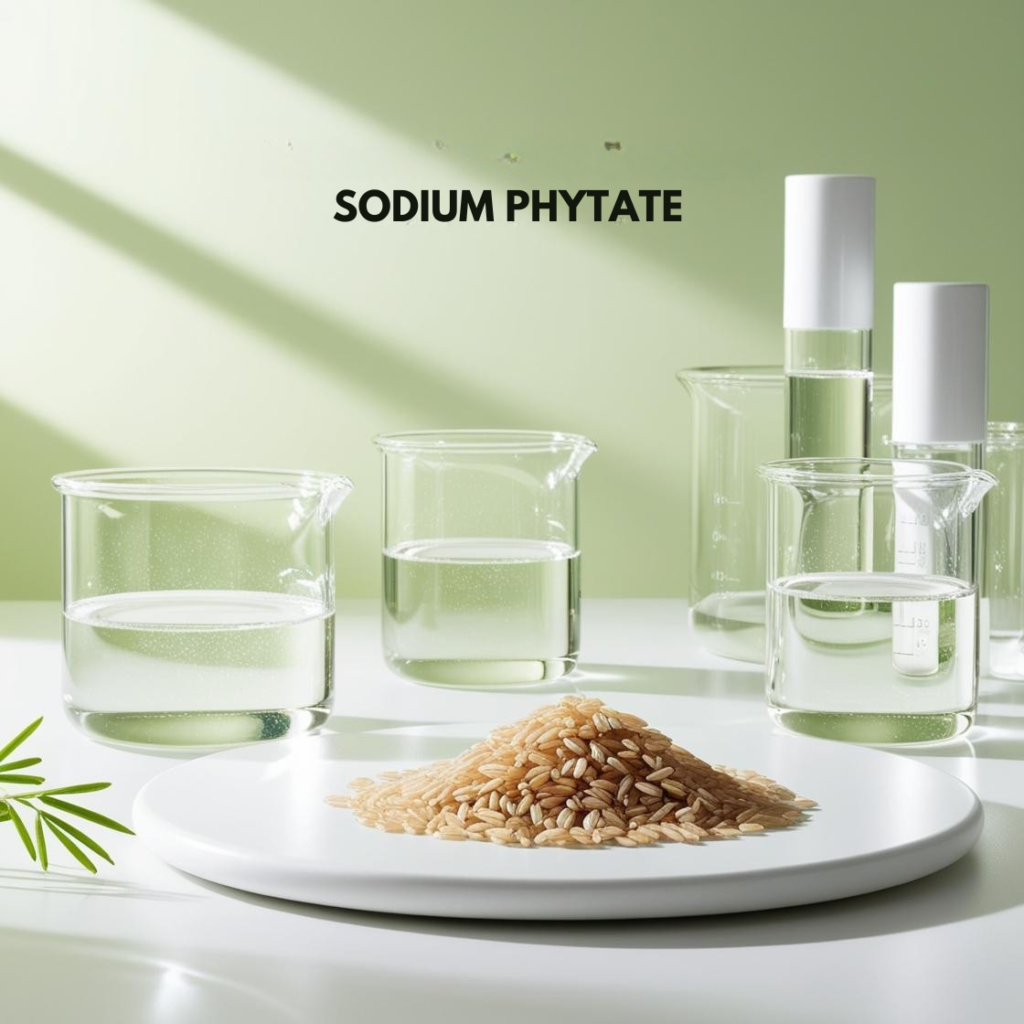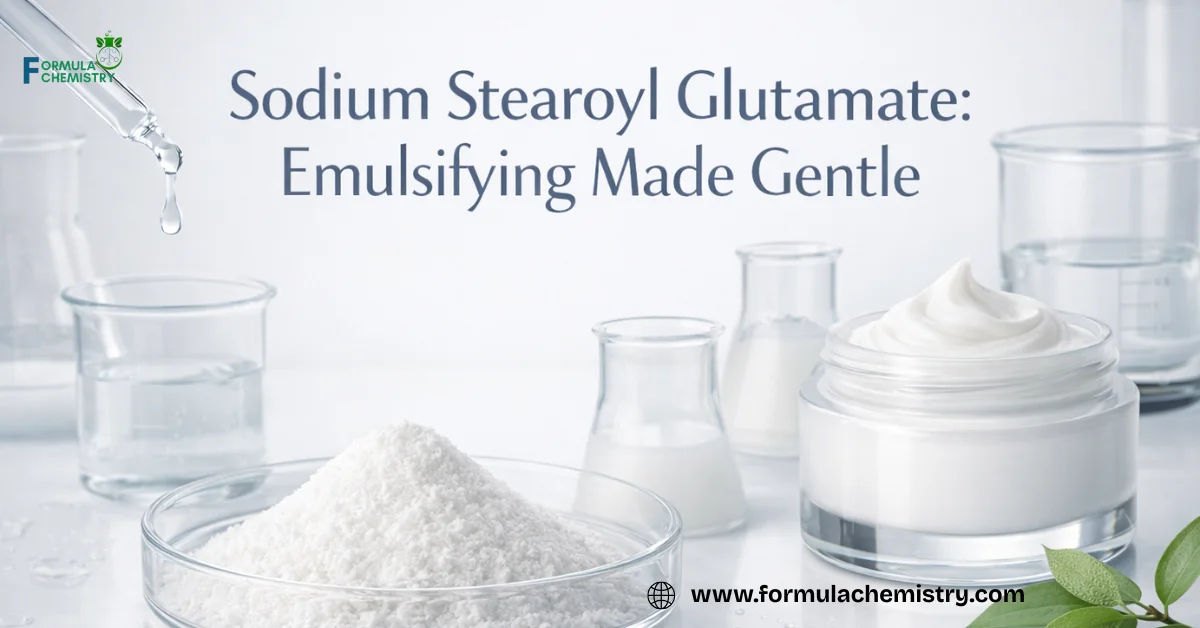Introduction
Introduce the increasing global movement toward organic skincare in 2025. Explain the growing awareness around clean beauty, sustainability, and holistic well-being. Mention the harmful long-term effects of synthetic chemicals on skin and health, and how people are consciously choosing nature-powered alternatives. Outline what readers will discover in this guide — from the meaning of organic skincare to product selection, trending ingredients, DIY recipes, and wellness tips for radiant, healthy skin.
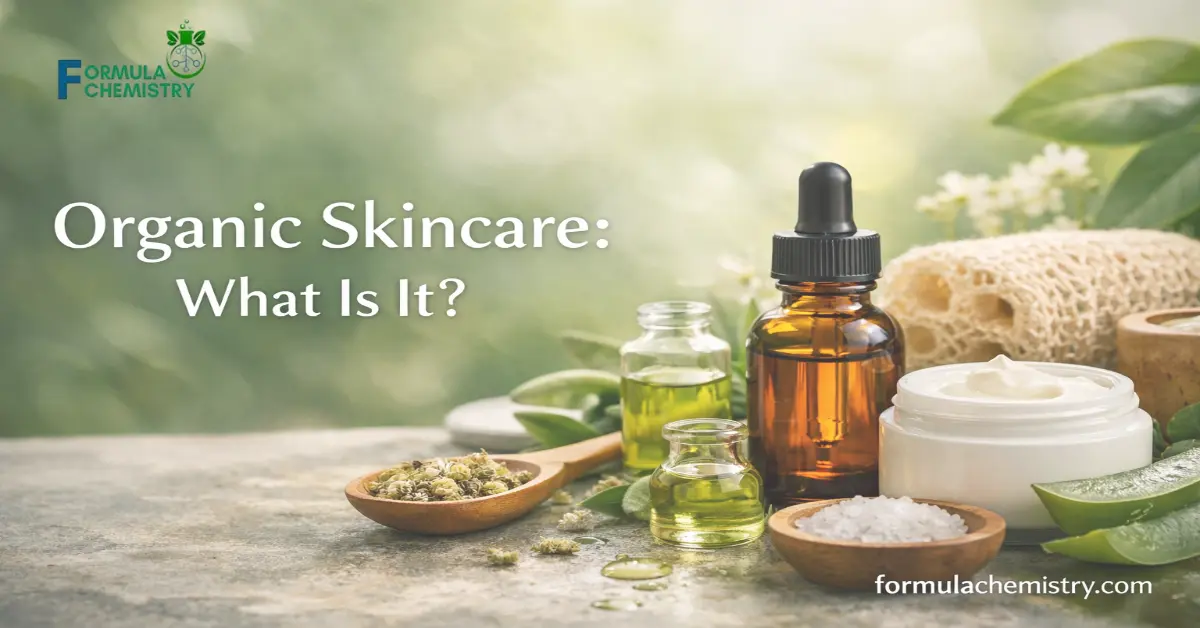
What is Organic Skincare?
Define organic skincare clearly, emphasizing how it involves the use of plant-based ingredients grown without synthetic pesticides, herbicides, chemical fertilizers, or GMOs. Differentiate between organic, natural, and chemical-free skincare by explaining that ‘organic’ requires certification and regulated farming practices. Provide examples like organic aloe vera, shea butter, and jojoba oil. Explain how organic skincare products undergo minimal processing to retain the natural potency of nutrients and antioxidants.
The Difference Between Organic, Natural, and Clean Beauty
Address the common confusion between these beauty industry buzzwords.
- Organic: Certified by official bodies (USDA Organic, ECOCERT) ensuring ingredients are cultivated organically.
- Natural: Ingredients derived from nature but not necessarily grown organically or free from chemical processing.
- Clean Beauty: Focused on being free from harmful chemicals, but can include synthetic-safe ingredients.
Why Conventional Skincare Can Harm Your Skin and Health
Explain the hidden dangers in conventional skincare products:
- Parabens: Preservatives linked to hormonal imbalances.
- Sulfates: Harsh cleansing agents that strip natural oils and disrupt the skin barrier.
- Phthalates: Often hidden under ‘fragrance,’ associated with endocrine disruption.
- Artificial Fragrances and Colors: Can trigger allergies, breakouts, and skin sensitivity.
Benefits of Organic Skincare
Elaborate on why organic skincare is a smarter, safer choice:
- Gentle on Skin: Fewer synthetic irritants reduce risks of redness, itching, and sensitivity.
- Rich in Nutrients: Ingredients naturally packed with antioxidants, essential fatty acids, and vitamins that nourish and repair the skin.
- Eco-Friendly: Produced with sustainable farming, cruelty-free methods, and biodegradable packaging.
- Long-Term Healthier Skin: Supports the skin’s natural barrier function, preventing premature aging, pigmentation, and breakouts.
Must-Have Organic Skincare Essentials
List and describe essential product categories:
- Organic Cleanser: Gentle plant-based formula to cleanse without stripping skin.
- Hydrating Toner: Rosewater or chamomile-infused to soothe and balance.
- Natural Serums: Concentrated plant actives like vitamin C from acerola or sea buckthorn.
- Organic Moisturizer: Nourishing creams with shea butter, jojoba, or avocado oil.
- Face Masks: Multani mitti, bentonite clay, or honey-based detoxifying masks.
- Face Oils: Argan, rosehip, or moringa for hydration and anti-aging benefits.
- Exfoliators: Natural scrubs made from oatmeal, sugar, or ground almonds.
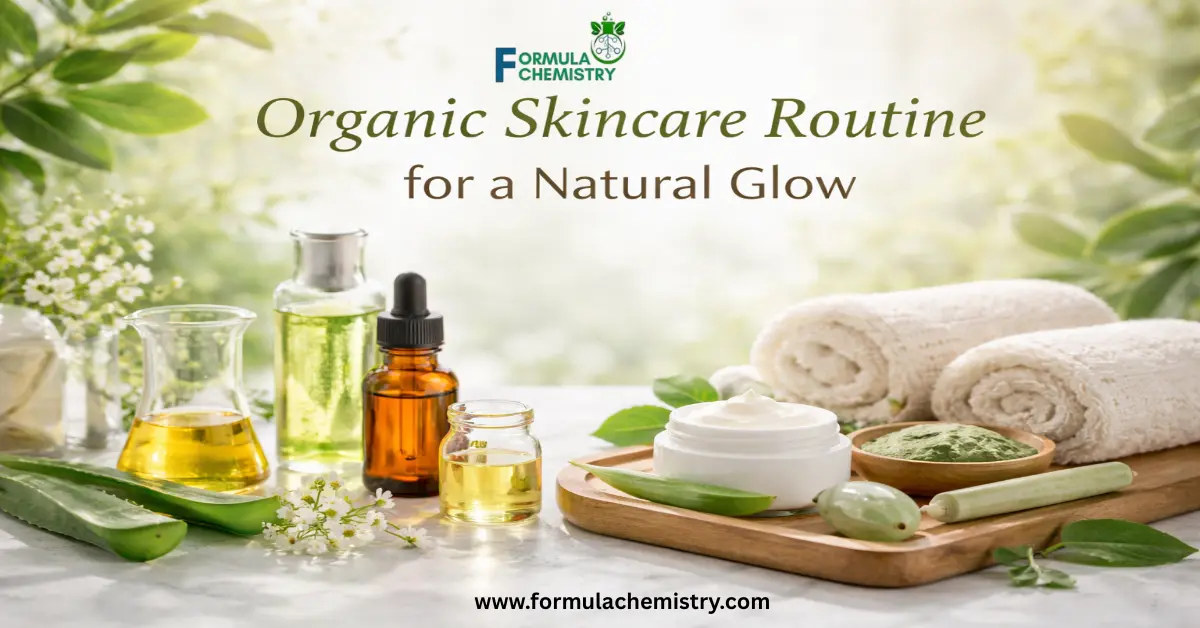
Organic Skincare Routine for a Natural Glow
Provide a complete regimen breakdown:
Morning Routine:
- Cleanse with a mild organic cleanser.
- Tone with rosewater.
- Apply antioxidant-rich serum.
- Moisturize with lightweight plant-based cream.
- Finish with SPF-infused organic sunscreen.
Night Routine:
- Remove makeup with organic oil-based cleanser.
- Cleanse again with a mild wash.
- Apply hydrating toner.
- Use nourishing serum or facial oil.
- Lock in moisture with a rich night cream.
- Exfoliate twice a week.
- Apply a natural face mask 2-3 times a week.
Mention adjusting products seasonally for skin’s changing needs.
How to Choose the Right Organic Skincare Products
Teach readers how to read ingredient labels.
- Look for certified organic symbols (USDA Organic, COSMOS).
- Avoid parabens, sulfates, synthetic fragrances, and silicones.
- Check ingredient lists for recognizable plant names.
- Beware of greenwashing: brands marketing as natural/organic without certification.
- Patch-test new products, especially those with essential oils.
Trending Organic Skincare Ingredients in 2025
Introduce high-performance plant-based ingredients:
- Bakuchiol: Natural retinol alternative for fine lines and acne.
- Sea Buckthorn Oil: Rich in omega-7 for skin repair and glow.
- Centella Asiatica: Calms redness, boosts healing.
- Green Tea Extract: Antioxidant-rich, combats acne.
- Turmeric: Anti-inflammatory, brightens dull skin.
- Sandalwood: Soothes sensitive, irritated skin.
Explain benefits and how to incorporate them.
Best Organic Skincare Brands to Watch in 2025
List top authentic brands globally and locally:
- Brands known for ethical sourcing, certified ingredients, and effective formulas.
- Highlight their flagship products, certifications, and sustainability efforts.
Example: “Brand X uses organic cold-pressed oils and glass packaging, earning USDA and ECOCERT labels.”
DIY Organic Skincare Remedies
Offer easy recipes using kitchen ingredients:
- Aloe, Turmeric & Honey Mask: Soothes and brightens.
- Oatmeal & Yogurt Scrub: Gently exfoliates.
- Multani Mitti & Rosewater Pack: Detoxifies oily skin.
Advise using certified organic ingredients for purity and safety.
Organic Skincare for Different Skin Types
Explain tailored organic routines:
- Dry Skin: Shea butter, almond oil, avocado masks.
- Oily Skin: Green tea, aloe vera, clay masks.
- Sensitive Skin: Calendula, chamomile, rose hydrosols.
- Combination Skin: Jojoba oil, sandalwood, light hydrating serums.
How Diet Affects Skin Health and Glow
Explain the gut-skin connection.
- Recommend antioxidant-rich fruits, omega-3-rich nuts, hydrating vegetables.
- Limit processed sugars, dairy, and oily foods.
- Suggest herbal teas and water-rich foods for inner hydration.
The Role of Sleep and Stress in Skin Health
Discuss how poor sleep increases cortisol, leading to acne, dullness, and aging.
- Suggest 7-9 hours of restful sleep.
- Share stress-reduction practices like yoga, meditation, journaling.
Sustainable and Eco-Friendly Packaging in Organic Skincare
Talk about how organic brands lead with green packaging:
- Glass bottles, bamboo lids, compostable boxes.
- Benefits for environment and reduced landfill waste.
Encourage consumers to choose brands supporting sustainable initiatives.
Final Tips for Glowing, Healthy Skin
Recap consistent skincare routines, hydration, a nutrient-rich diet, quality sleep, and stress control as essential for a naturally radiant complexion.
Conclusion
Summarize how organic skincare benefits both personal health and environmental sustainability. Encourage readers to gradually transition, research ingredients, and make informed purchases for a clean beauty journey.

